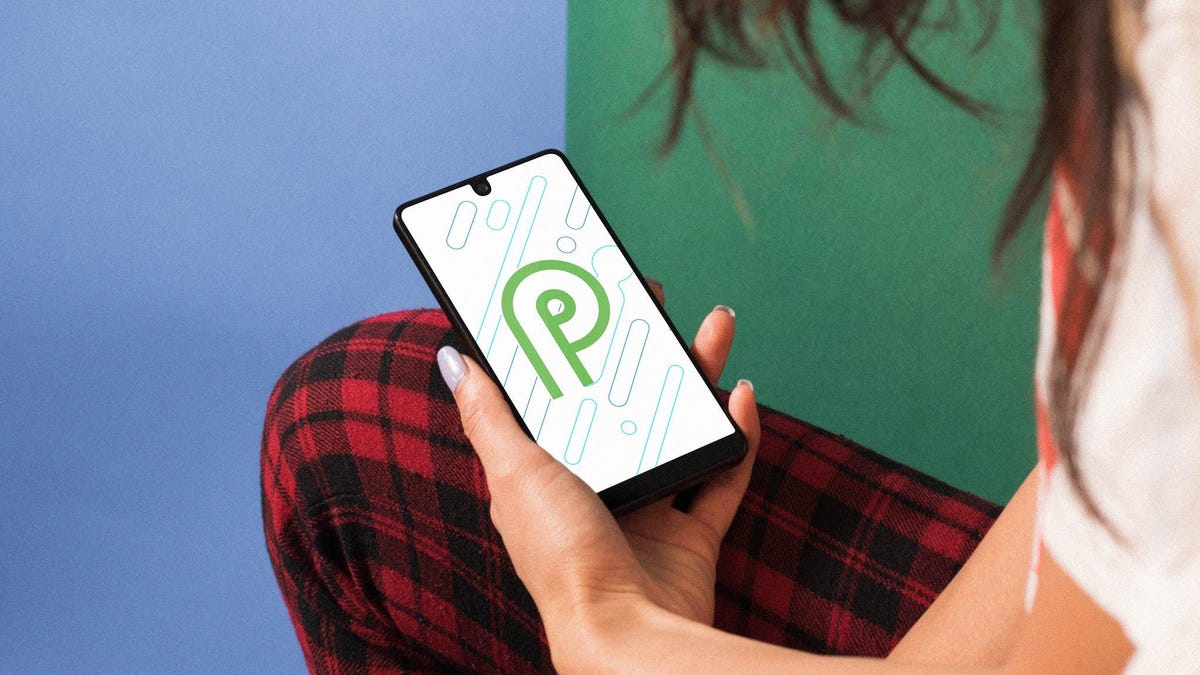Essential becomes first non-Google handset for day-one Android Pie update
The Essential Phone PH-1 has become the first non-Google phone to receive the Android Pie OS in a bittersweet twist for a handset maker with an uncertain future.

In a piece of good news for the troubled manufacturer, Essential has announced its PH-1 phone has become the first non-Google phone to receive the latest Android operating system on the day of release.
Though this is a welcome development for the Android OS in general, Essential's own future is uncertain. While the company says that its PH-1 phone will continue to receive updates such as Pie for at least two years the CEO said in May that he is considering selling the company.
Officially released yesterday on Google's own Pixel phones, Android Pie brings with it a new interface, including a now-popular dark mode, and accommodations for phones with a camera "notch" such as the Essential phone .
Essential says the early update to Pie was made possible by Google's Project Treble -- a program which began with Oreo and is designed to enable quicker updates by compartmentalising the software for both chipset makers and wireless carriers.
Meanwhile, one of Apple's favorite slides at its iOS announcements is the adoption rate for the latest OS of Android and Apple, with Apple typically way in front. At WWDC 2018, for example, Apple's SVP of software engineering Craig Federighi Federighi said half of its customers were running iOS 11 seven weeks after its launch while Google Android's latest Oreo update had only a 6 percent distribution.
Representatives for Essential did not immediately respond to CNET's request for comment.

